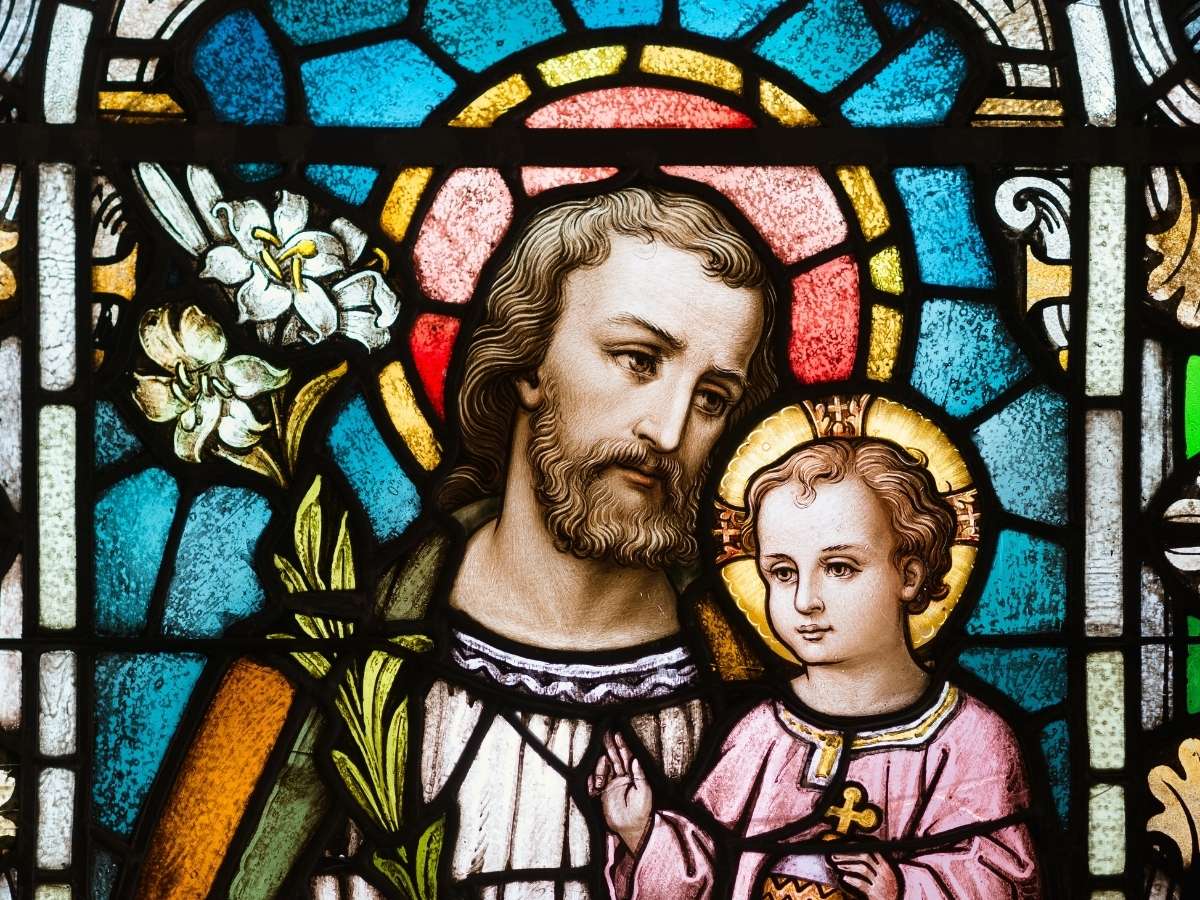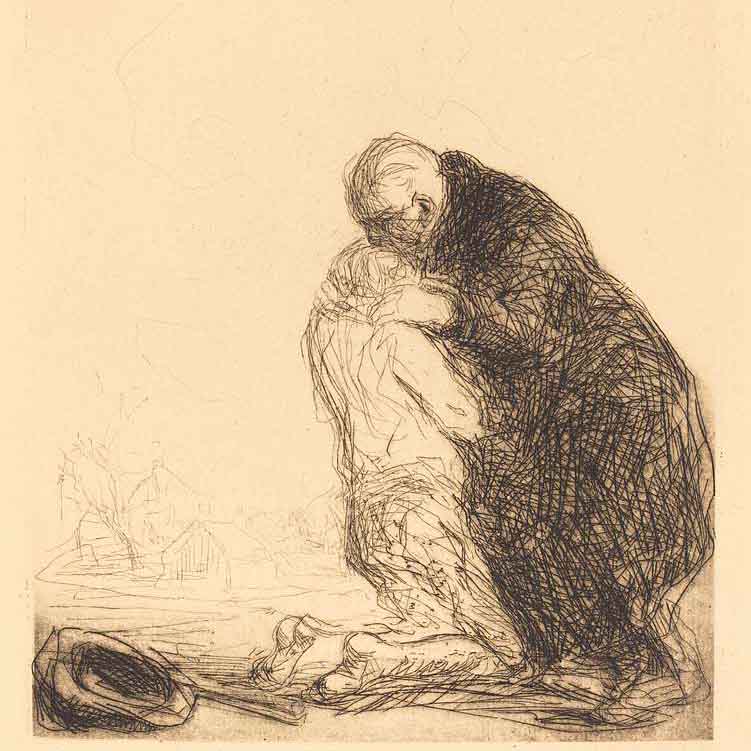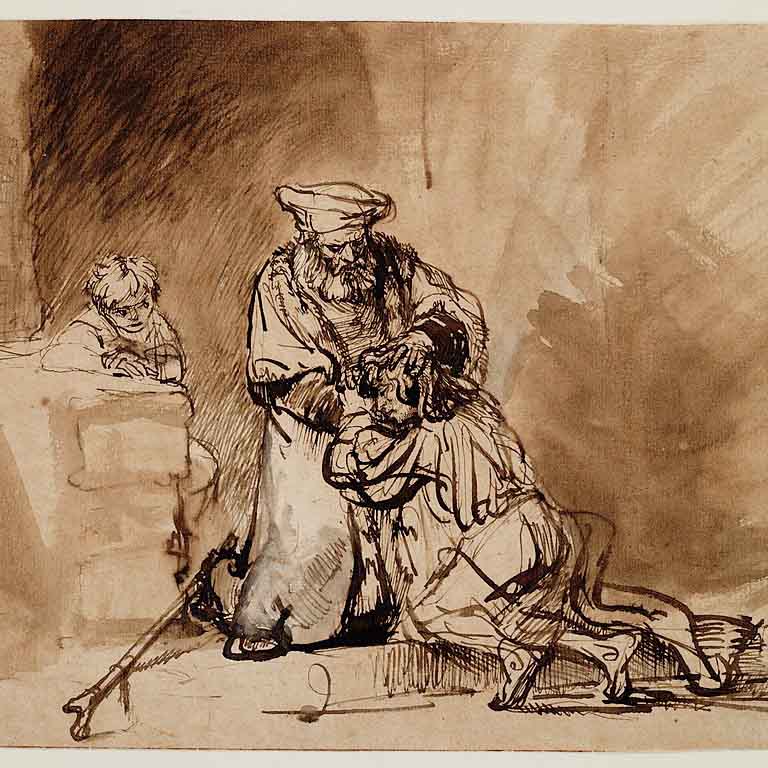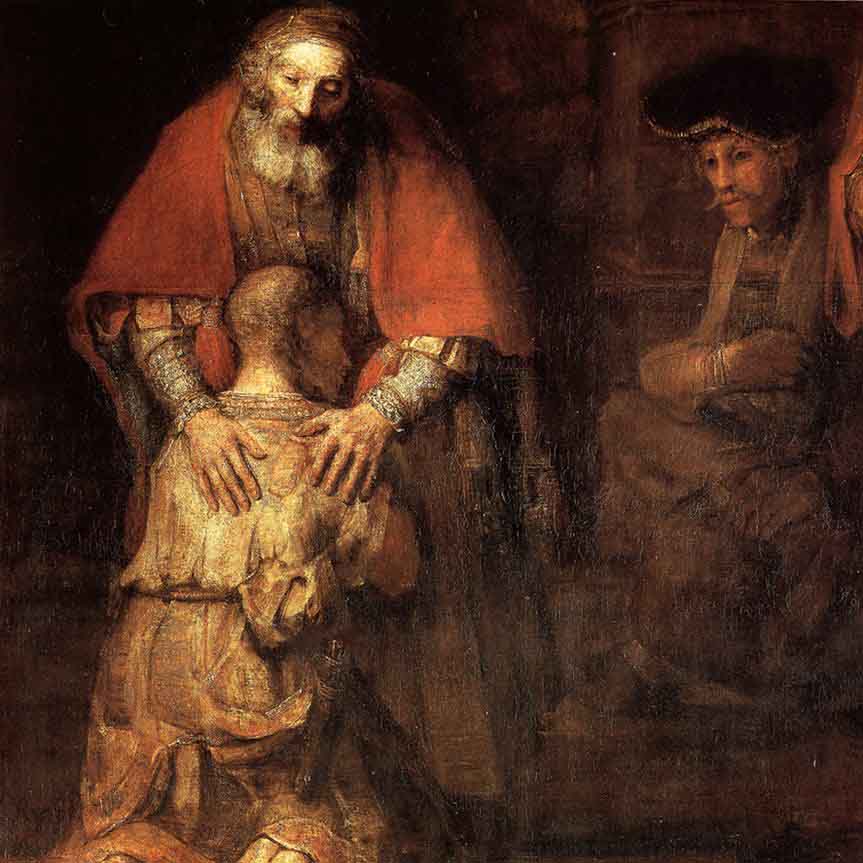By Neilsen Chan
What would you do if you found out that your fiancé was pregnant and that the child in her womb was not only formed by God while she remained a virgin, but also the saviour of humanity foretold since ancient times? If an angel appeared to you at night to tell you to flee to a distant land with your wife and son, to live and work as a refugee in a land whose language you did not speak, without knowing when you would return…would you immediately get up and go?
With regards to the first situation, Saint Joseph responded by humbly committing in his heart to give up the love of his life, stepping aside to distance himself from her so she could live out God’s will for her life. When an angel told him to “not be afraid” and care for both his wife and the child in her womb, he changed his plans and did as the angel told him to for the rest of his life. In response to the second question, Joseph said nothing – he simply did as the angel told him to.
Saint Joseph is the husband of Mary and ‘foster father’ of Jesus. Although St. Joseph is not the biological father of Jesus – Catholics believe that by the power of the Holy Spirit, Mary conceived Jesus as a virgin (Isaiah 7:14) and remained a virgin her whole life – he did fulfil all the roles of an earthly and spiritual father: providing for him, protecting him, teaching and guiding him.
Most of what we know of St. Joseph in the Bible comes from chapters 1 and 2 of the gospel of Matthew. He is a direct descendant of King David (as is Mary through a different lineage) and he is “a just man” (Matthew 1:19). He worked as a carpenter (Matthew 13:55) and lived in poverty. Some important events in his life can be found in these passages:
- Matthew 1:18-24 (See Note 1)
- Matthew 2:13-23
These events show the great faith and humility of Joseph. He is truly “a just man”, who “did exactly what the Lord wanted him to do, in each and every event [of his life]” (See Note 2). He put God first. He trusted God and chose to obey God, giving of himself to Mary and Jesus in love, amidst many things he could not understand and much interior and exterior suffering. By the grace of God and by following God’s Word, he became the perfect human husband and father.
The Church has given many titles to St. Joseph including: “Foster Father of Christ”, “Zealous defender of Christ”, and “Protector of Holy Church”. In fact, in 1870, Blessed Pope Piux IX proclaimed him Patron of the Universal Church (referring to the Catholic Church, “Catholic” comes from the Greek adjective καθολικός katholikos meaning ‘universal’). As foster father to Jesus, St. Joseph is also a father to us who have been baptised into the church, the body of Christ. We can look to him as our father, protector and zealous defender, terror of demons. In all our needs, fears and struggles, we can turn to him who will protect us. In our struggles to follow and love Christ and others, he is not only a role model but a father we can ask for help and guidance.
St. Teresa of Avila once said: “I do not remember that I have ever asked anything of him which he has failed to grant. I am astonished at the great favours which God has bestowed on me through this blessed saint, and at the perils from which he has delivered me, both in body and in soul…I only request, for the love of God, whoever will not believe me will test the truth of what I say, for he will see by experience how great a blessing it is to recommend oneself to this glorious patriarch and to be devout to him.”
I ask St. Joseph daily for his intercession to pray for me, my family and those God has sent my way. I know I am weak and flawed, prone to sin and make mistakes. I ask him everyday as my spiritual father to guard me, protect me, pray for me and teach me to be a “just man” like him, that I may love Christ and others as Jesus has loved me. In this time when the family, marriage and fatherhood is under much strain, we truly need St. Joseph.
Notes:
1. The Church has always proposed different theories for Joseph’s intentions in Matthew 1:19. The original Greek version of Matthew uses the word “apoluo” in verse 19 which can mean “separate,” “conceal,” “hide,” “distance oneself from,” or “divorce” depending on the context. In light of the Church’s understanding of the person of St. Joseph which has grown over time, in recent times the Church has promoted the theory that St. Joseph never intended to divorce Mary (which could have led to her being stoned), something which is inconsistent with how Joseph is portrayed. Rather, he, being a faithful Jew well versed with the Hebrew Scriptures, knew the prophecy of Isaiah and by supernatural faith knew that the child in Mary’s womb had been conceived by the power of the Holy Spirit while she remained a virgin. He knew what this meant, both the holiness of Mary and the holiness of Jesus. He loved Mary and knowing her virtue, never doubted her purity.
2. Quote from Saint Josemaria Escriva
(To find out more about St. Joseph, you can refer to ““CONSECRATION to ST. JOSEPH, The Wonders of Our Spiritual Father” By Donald H. Calloway, MIC”)




